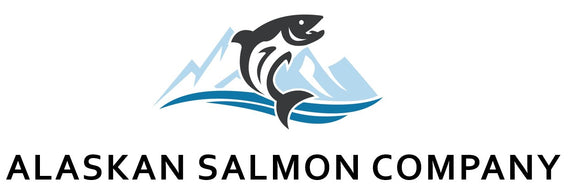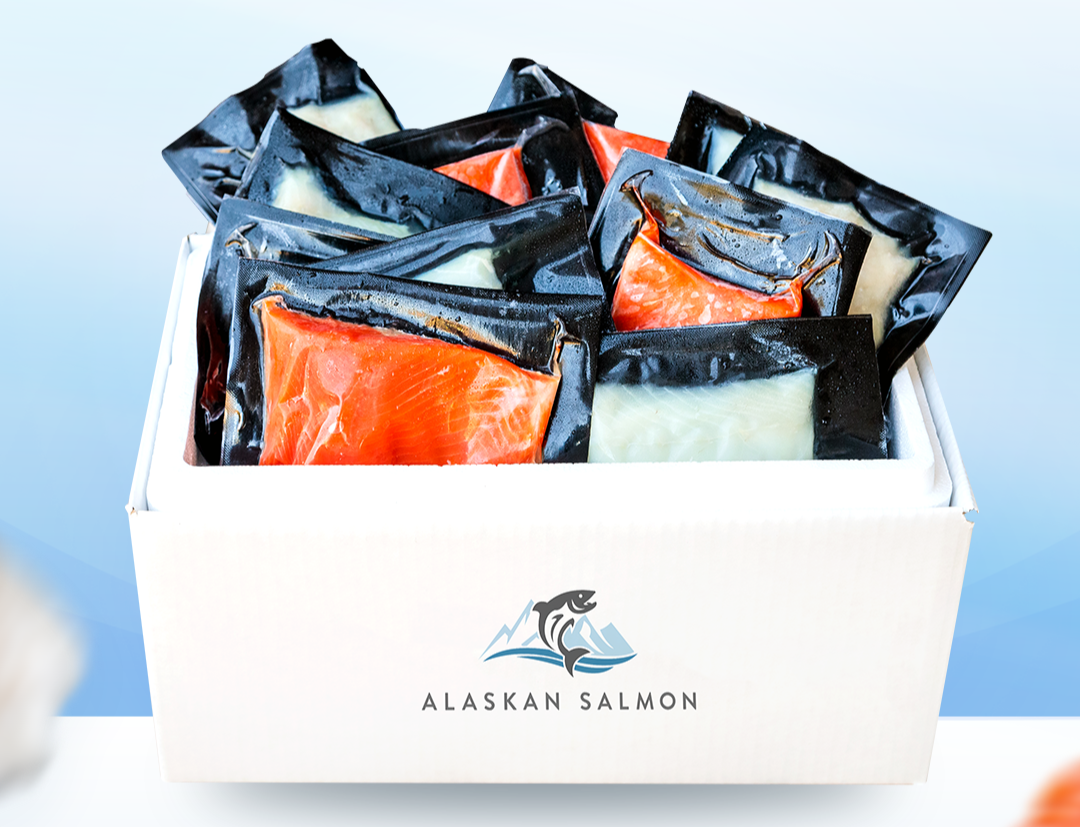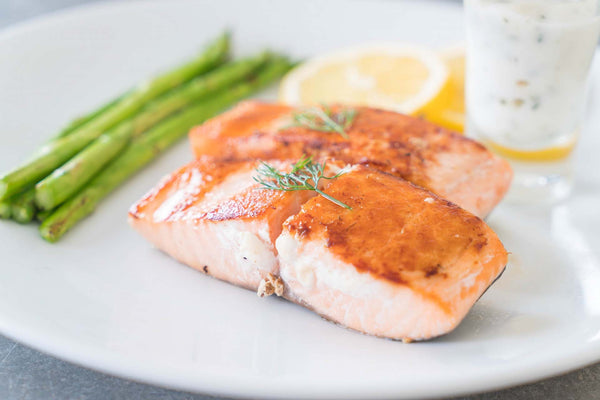Is Salmon Good for Cholesterol?
Updated on Oct 14, 2024
Cholesterol is important for our body, as it helps build cells and produce hormones. But there’s a common myth that all cholesterol is bad [*(opens in a new window)].
In reality, it’s not just about your total cholesterol. What matters is the balance between good (HDL) and bad (LDL) cholesterol. The foods we eat can affect both, which impacts our heart health. Salmon, well-known for its health-boosting benefits, is one food that makes people wonder whether it’s good for cholesterol.
Below, we’ll explore if salmon can help improve cholesterol and which fish you might want to avoid.
Is Salmon High in Cholesterol?
Salmon is recognized for its relatively low cholesterol content compared to other fish, which makes it a favorable choice for those monitoring their cholesterol intake. A typical 3.5-ounce (100-gram) serving of salmon contains about 55 milligrams of cholesterol, which is relatively low [*(opens in a new window)].
Is Salmon Good for Cholesterol?
Salmon is often regarded as a beneficial food for cholesterol management due to its high content of omega-3 fatty acids.
These healthy fats have been shown to help lower low-density lipoprotein (LDL) cholesterol, commonly known as "bad" cholesterol while promoting higher levels of high-density lipoprotein (HDL) cholesterol, or "good" cholesterol.
According to the American Family Physician (AFP), omega-3 fats have also been shown to lower significantly lower plasma triglyceride levels. High triglycerides often accompany high LDL cholesterol and low HDL cholesterol, creating a combination that increases the risk of plaque buildup in your arteries [*(opens in a new window)].
Regular consumption of salmon, especially wild-caught varieties, can provide essential nutrients that support heart health.
How Often Should I Eat Salmon to Fight High Cholesterol?
The American Heart Association suggests eating fatty fish like salmon at least twice a week to help control cholesterol levels and promote heart health. A standard serving size is about 3.5 ounces, which is roughly 100 grams of cooked salmon.
For example, grilling a fillet of salmon with a side of roasted vegetables or adding it to a salad are simple ways to incorporate this heart-healthy fish into your weekly meals!
In addition to supporting good cholesterol levels, salmon is rich in high-quality protein, vitamins, and minerals. Its other health benefits include improved memory, reduced inflammation, and better mood.
Related: How Much Salmon Is Too Much?
What Fish Should I Avoid if I Have High Cholesterol?
Fish that are higher in cholesterol should be eaten in moderation, especially if you already have high cholesterol levels. These include:
- Swordfish: 78 mg per 100-gram serving [*(opens in a new window)]
- Herring: 77 mg per 100-gram serving [*(opens in a new window)]
- Sardines (canned): 142 mg per 100-gram serving [*(opens in a new window)]
- Fish eggs (roe): 479 mg per 100-gram serving [*(opens in a new window)]
Note that while these options are high in cholesterol, they are still nutritious, as they provide omega-3 fatty acids and other beneficial nutrients.
The Bottom Line
Not only does salmon offer a favorable cholesterol profile, but it also provides essential omega-3 fatty acids that can help lower bad cholesterol and support good cholesterol levels.
If you're after the finest salmon, our Wild Caught Alaskan Sockeye Salmon is an excellent choice. From Alaska's pristine waters, this premium fish combines rich flavor with outstanding nutrition!








